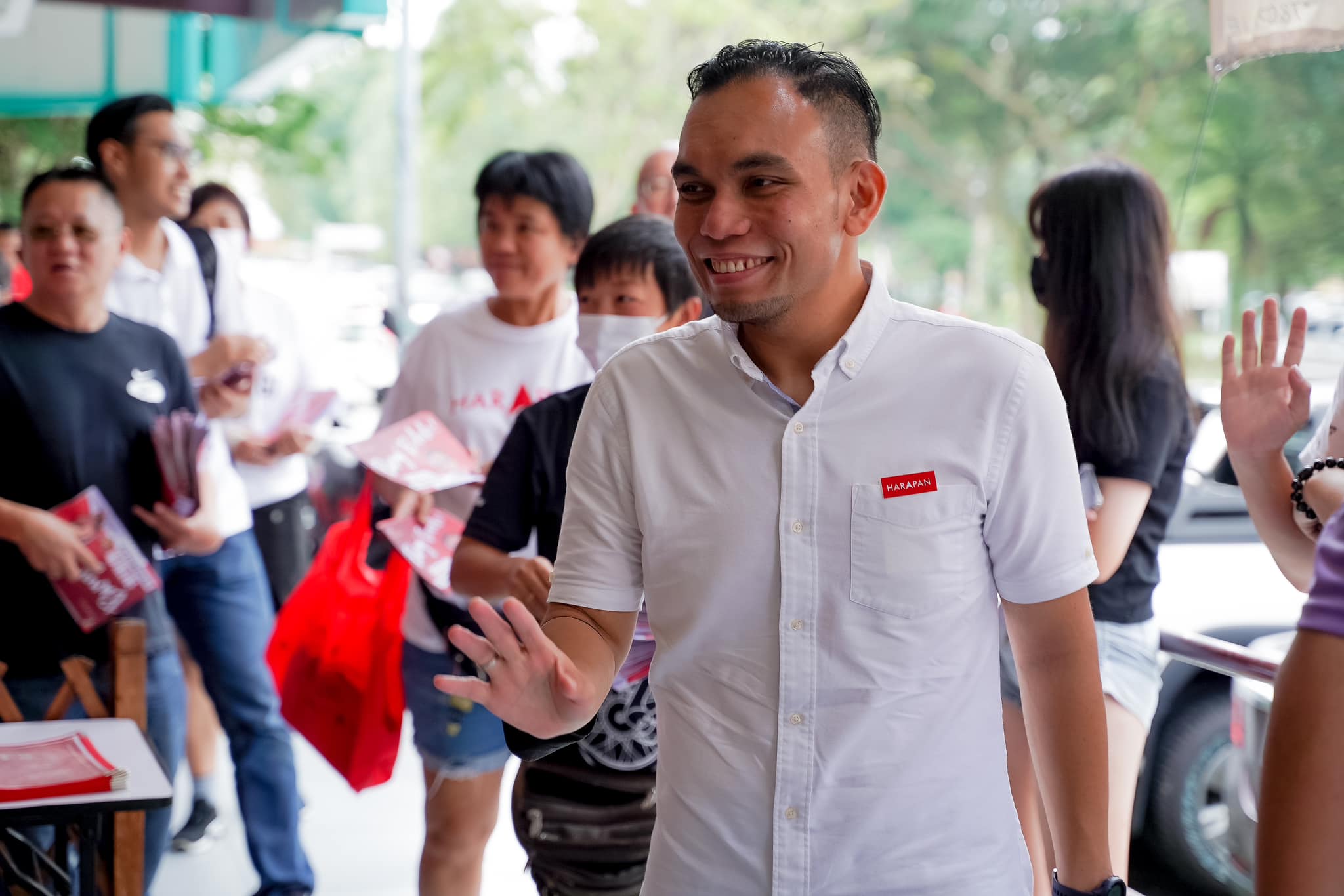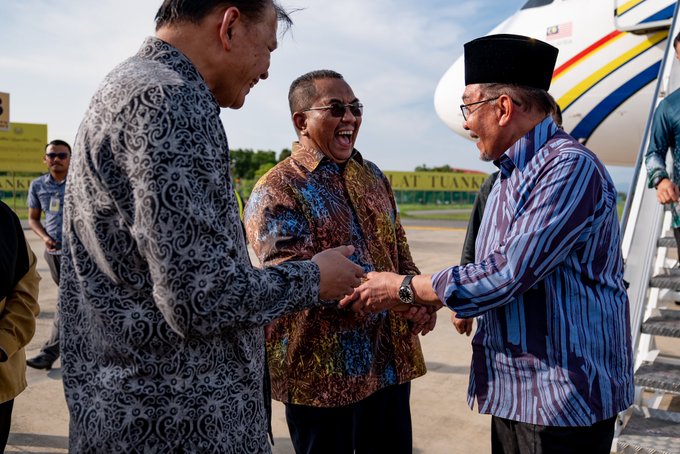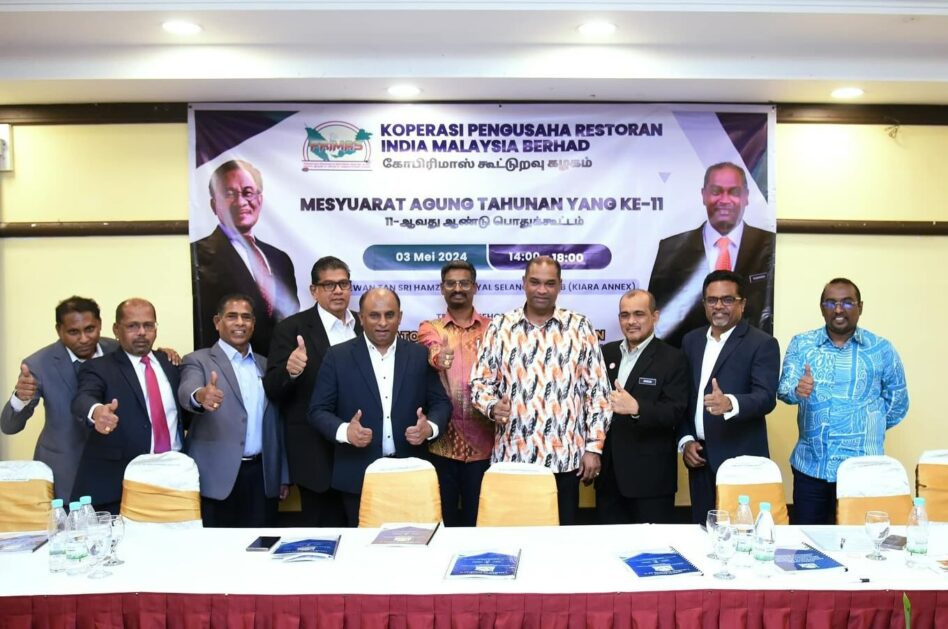THE parliamentary constituency of Bangi has the largest population in the country with 691,900 people, according to a Department of Statistics Malaysia (DoSM) report.
This has prompted DAP member and Bangi MP Syahredzan Johan to express concern about the welfare of the constituency residents given its size and the fact that only one MP is serving a large number of voters.
The news about Bangi came from the DoSM’s latest Subnational Statistics of Parliament and State Legislative Assemblies (SLA) 2023.
The same report says Bangi is followed by Kota Raja with 526,400 people and Subang with 481,100 people, according to the statistics released today.
Chief statistician Datuk Seri Dr Mohd Uzir Mahidin said in a statement that the most densely populated parliamentary constituency is Wangsa Maju with a total population of 13,224 people per square kilometre (sqkm).
This is followed by Pandan, with a population density of 11,442 people per sqkm and Jelutong with 11,361 people, he said.
The Bangi MP @syahredzan said in a tweet:
Bangi Parliament population [690,000]
Luxembourg population [645,000]
More people live in Bangi than whole of Luxembourg https://t.co/UZjW1y9f5o
— Syahredzan Johan (@syahredzan) March 2, 2023
He also said he is not complaining about his job as the sole YB for the massive number of people in the constituency.
To make it clear – I’m not complaining as an MP. I will continue to serve.
But Bangi people are shortchanged here
– value of their vote is much less than other Parliament, even in Selangor itself
– allocation is also less per capita
— Syahredzan Johan (@syahredzan) March 2, 2023
Meanwhile, user @syafiiqafiq responded to the MP saying:
690k now, could be 1mil very soon. Population growth will continue. This disproportionate representation is very bad for democracy. Redelineation is extremely urgently needed in this country.
— Syafiq Afiq (@syafiiqafiq) March 2, 2023
The question that comes to mind is whether there should be a carving out of new constituencies from the huge existing ones like Bangi, Kota Raja, or Subang in a possible redelineation of electoral boundaries.
In response to that, user @e_lluminaughty suggested:
Bangi Parliament population [690,000]
Luxembourg population [645,000]
More people live in Bangi than whole of Luxembourg https://t.co/UZjW1y9f5o
— Syahredzan Johan (@syahredzan) March 2, 2023
The House of Representatives or Dewan Rakyat comprises 222 elected members. Each member represents a federal constituency.
According to a document published by the Badan Peguam Malaysia, delineation is the process of dividing the federation and states into the said constituencies.
It said the first implication of the right to vote is equal representation in government.
“In order that all citizens are equally represented, each constituency, may it be Federal or State, must have approximately equal number of electors. Therefore, the ultimate objective of a delineation exercise is to ensure that each constituency has approximately equal number of electors.
“It is our fundamental right to be treated equally and to be protected against discrimination. This means that all of us must have approximately equal voting power. It cannot be the case that a group of electors from one constituency is entitled to a larger representation in government compared to electors from other constituencies.
“However, having an exactly equal number of electors in each constituency is not possible. A slight deviation is allowed on very limited grounds. This is expressly spelt out in section 2(c) in the 13th Schedule of the Federal Constitution,” the document wrote.
In the case of Bangi, it is clear that the number of voters exceeds that of other constituencies. — March 4, 2023
Main photo credit: Facebook










